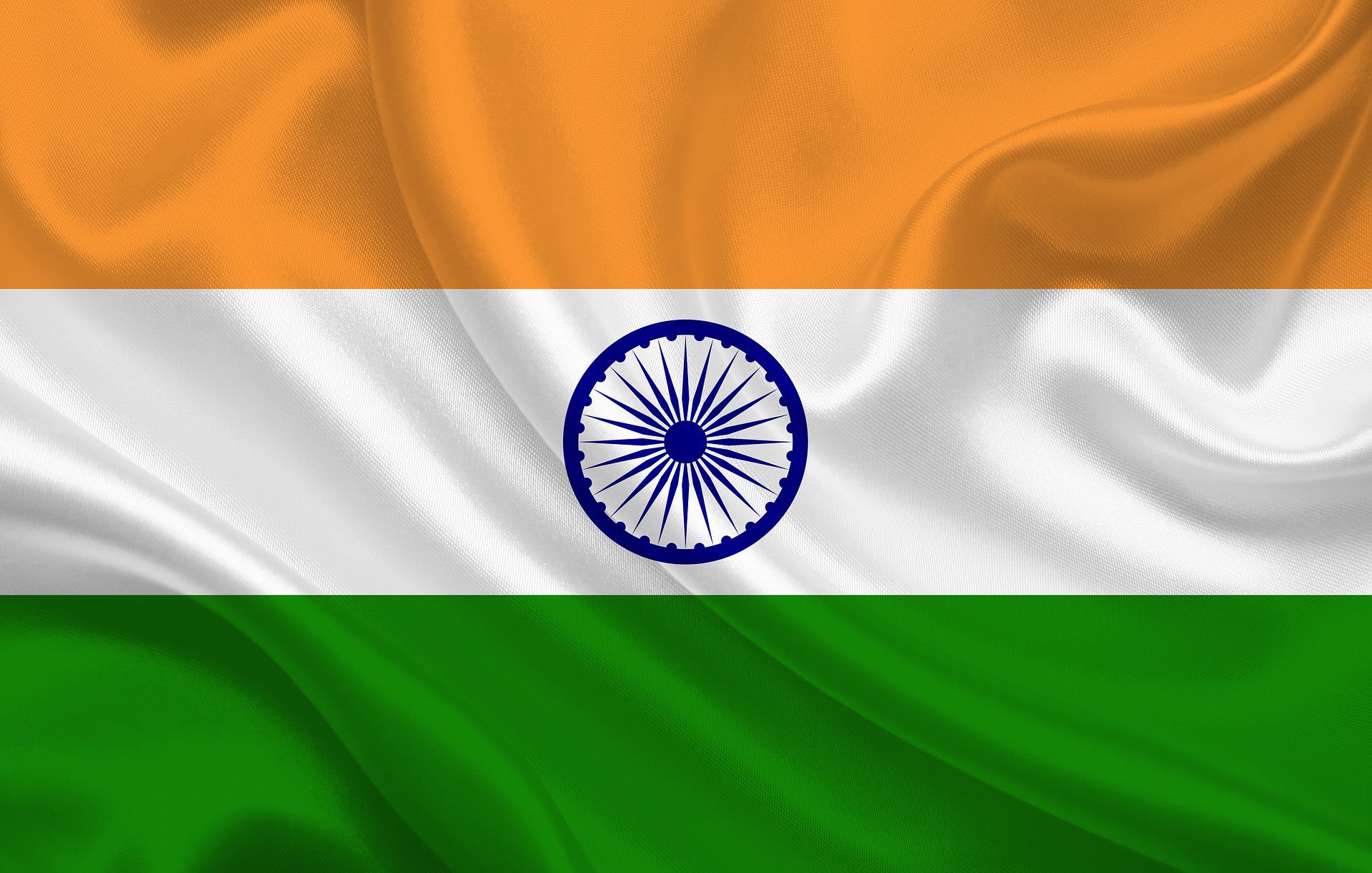
403
Sorry!!
Error! We're sorry, but the page you were looking for doesn't exist.
Media reports American representatives host Sikh separatist groups before Indian PM’s visit
(MENAFN) In a significant diplomatic development, United States officials convened with pro-Khalistan Sikh activists just one day before Indian Prime Minister Narendra Modi's arrival in the United States for the United Nations General Assembly and a summit of the Quadrilateral Security Dialogue hosted by President Joe Biden. The meeting, organized by the National Security Council, reportedly took place on Thursday and has garnered considerable media attention.
During the discussions, officials briefed the Sikh advocates about ongoing dialogues with the Indian government regarding a foiled assassination attempt against Gurpatwant Singh Pannun, a Sikh separatist leader based in New York. Pannun, who is a dual citizen of the United States and Canada and leads the group Sikhs for Justice, has been designated as a terrorist by the Indian authorities.
This meeting marks a notable shift, as it is the first time National Security Council representatives have engaged directly with members of Sikh groups advocating for the Khalistan movement—a campaign aimed at establishing a separate Sikh state from the Indian state of Punjab and surrounding areas. According to reports, the activists were assured of protection against "transnational aggression" occurring on American soil.
The backdrop to this gathering is fraught with tension, as separatist groups like Sikhs for Justice are banned in India for their calls for independence and alleged involvement in violent attacks against government officials and civilians. The Indian government has accused several Western nations, particularly the United States, United Kingdom, and Canada—home to substantial Sikh diasporas—of harboring individuals they consider terrorists.
As Modi prepares for his engagements in the United States, including discussions focused on enhancing bilateral ties and regional security, the recent meeting underscores the complexities of international relations involving separatist movements and the varying stances of countries toward them. The Indian government has consistently expressed its concerns regarding the support for Khalistani activists abroad, framing it as a threat to India's sovereignty and security.
With rising tensions surrounding these issues, the diplomatic landscape continues to evolve, revealing the delicate balance between national interests and the rights of diaspora communities advocating for their causes. As the Prime Minister's visit unfolds, all eyes will be on how these dynamics play out on the global stage.
During the discussions, officials briefed the Sikh advocates about ongoing dialogues with the Indian government regarding a foiled assassination attempt against Gurpatwant Singh Pannun, a Sikh separatist leader based in New York. Pannun, who is a dual citizen of the United States and Canada and leads the group Sikhs for Justice, has been designated as a terrorist by the Indian authorities.
This meeting marks a notable shift, as it is the first time National Security Council representatives have engaged directly with members of Sikh groups advocating for the Khalistan movement—a campaign aimed at establishing a separate Sikh state from the Indian state of Punjab and surrounding areas. According to reports, the activists were assured of protection against "transnational aggression" occurring on American soil.
The backdrop to this gathering is fraught with tension, as separatist groups like Sikhs for Justice are banned in India for their calls for independence and alleged involvement in violent attacks against government officials and civilians. The Indian government has accused several Western nations, particularly the United States, United Kingdom, and Canada—home to substantial Sikh diasporas—of harboring individuals they consider terrorists.
As Modi prepares for his engagements in the United States, including discussions focused on enhancing bilateral ties and regional security, the recent meeting underscores the complexities of international relations involving separatist movements and the varying stances of countries toward them. The Indian government has consistently expressed its concerns regarding the support for Khalistani activists abroad, framing it as a threat to India's sovereignty and security.
With rising tensions surrounding these issues, the diplomatic landscape continues to evolve, revealing the delicate balance between national interests and the rights of diaspora communities advocating for their causes. As the Prime Minister's visit unfolds, all eyes will be on how these dynamics play out on the global stage.

Legal Disclaimer:
MENAFN provides the
information “as is” without warranty of any kind. We do not accept
any responsibility or liability for the accuracy, content, images,
videos, licenses, completeness, legality, or reliability of the information
contained in this article. If you have any complaints or copyright
issues related to this article, kindly contact the provider above.


















Comments
No comment